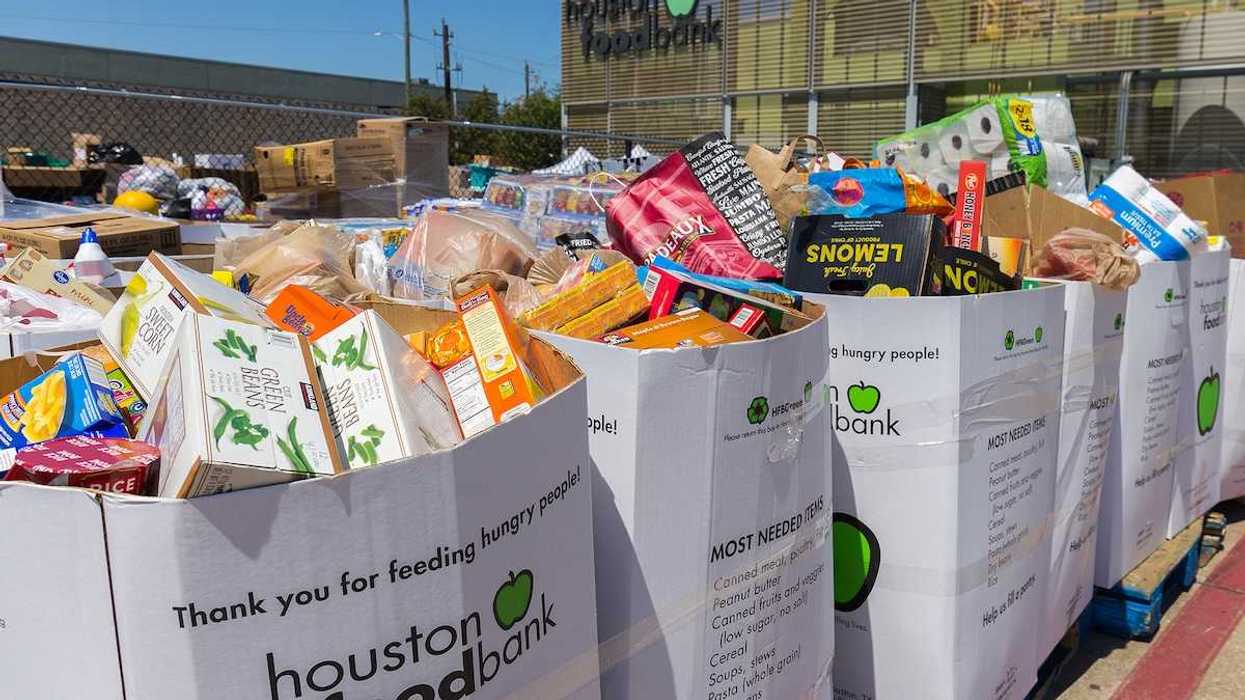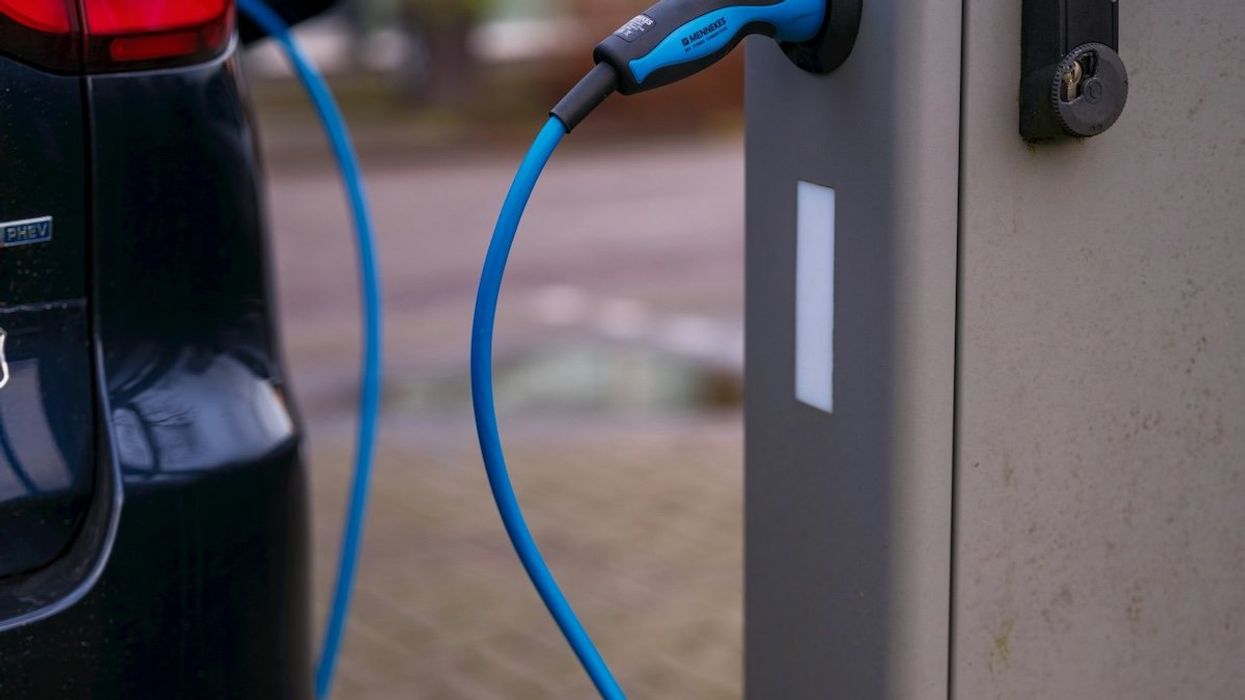Capital B: The environmental health crisis ruminating in Houston’s Southwest Crossing neighborhood is the product of climate change and an unstable energy grid, reports Capital B writer Adam Mahoney.
In a nutshell:
The fight against CenterPoint Energy, a $40 billion company, has intensified since 2021 in Southwest Crossing, an aging Houston community with nearly 20% of its residents over 65. The company's plan to build a propane facility in the neighborhood has raised concerns of environmental racism and mental health impacts. The residents, mainly retirees, face daily anxiety and sleeplessness due to the constant worry of a potential explosion.
Key quote:
With their heads bowed, eyes shut, and hands locked, the Southwest Crossing Community Initiative starts every meeting with a prayer: “Please, protect us from a deadly explosion.”
“And please, cover us … and ease our minds.”The big picture:
The proposed propane storage facility poses serious risks, with propane being heavier than air and prone to ignition, leading to fires and explosions. Despite residents' objections, CenterPoint is now planning a new natural gas pipeline through their properties, further exacerbating their concerns. The environmental justice crisis in Southwest Crossing reflects broader challenges faced by marginalized communities in growing cities, where infrastructure development often leads to displacement and increased environmental burdens. This situation also highlights the ongoing reliance on fossil fuels and the associated risks posed by pipelines, disproportionately affecting Black neighborhoods. The residents' fight continues, but their options are narrowing, and they grapple with the physical and psychological toll of the ongoing battle.
Read the article at Capital B.
Satellites show communities of color are far more exposed to pollution in Houston, offering a potential new way to close data gaps and tackle disparities, writes Krystal Vasquez for EHN.














